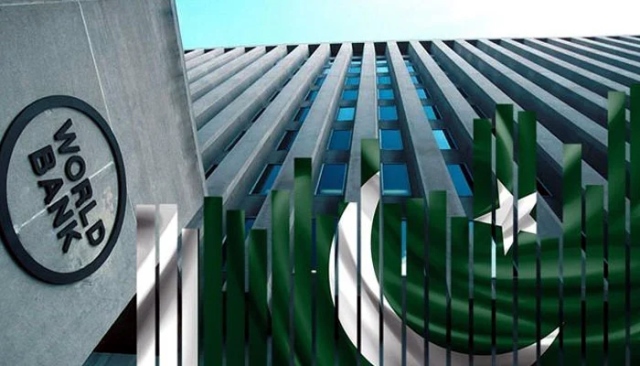The World Bank has approved a $102 million loan for Pakistan under the Resilient and Accessible Microfinance (RAM) Project, aiming to bolster the resilience of the country’s microfinance sector amid escalating climate risks. This initiative, introduced under the new 10-year Country Partnership Framework (CPF), seeks to ensure the continuity of essential financial services, particularly for vulnerable populations in rural areas.
Disbursement and Beneficiaries
The loan will be disbursed through Pakistan’s Ministry of Finance and the State Bank of Pakistan (SBP), targeting nearly 1.89 million beneficiaries. This includes over 1 million women and 350,000 youth, aiming to enhance their access to credit and financial stability.
Alignment with Financial Inclusion Goals
Najy Benhassine, World Bank Country Director for Pakistan, emphasized the project’s alignment with the World Bank’s commitment to promoting financial inclusion and climate resilience in Pakistan under the CPF. He noted that microfinance is a critical tool for supporting the livelihoods of vulnerable populations, and this project will help strengthen the sector’s resilience, particularly in the face of growing climate risks.
Lessons from the 2022 Floods
The RAM Project draws lessons from Pakistan’s devastating 2022 floods, which severely impacted small businesses, farmers, and low-income households. Task Team Leader Namoos Zaheer highlighted that the project is a significant step toward financial empowerment, particularly for women, small farmers, and rural communities prone to climate shocks.
Key Components of the RAM Project
The RAM Project includes several strategic components to enhance the resilience of Pakistan’s microfinance sector, such as:
- Climate Risk Fund: A financial buffer to support microfinance institutions (MFIs) during climate-induced economic disruptions.
- Capacity Building: Enhancing the ability of MFIs to assess and manage climate risks effectively.
- Digital Solutions: Implementing digital platforms to improve the efficiency and reach of microfinance services.
- Policy Support: Assisting in the development of policies that promote a resilient and inclusive financial ecosystem.
This comprehensive approach aims to ensure that Pakistan’s microfinance sector can withstand climate-related challenges while continuing to provide essential financial services to those who need them most.



Comments (0)
No comments yet. Be the first to comment!
Leave a Comment